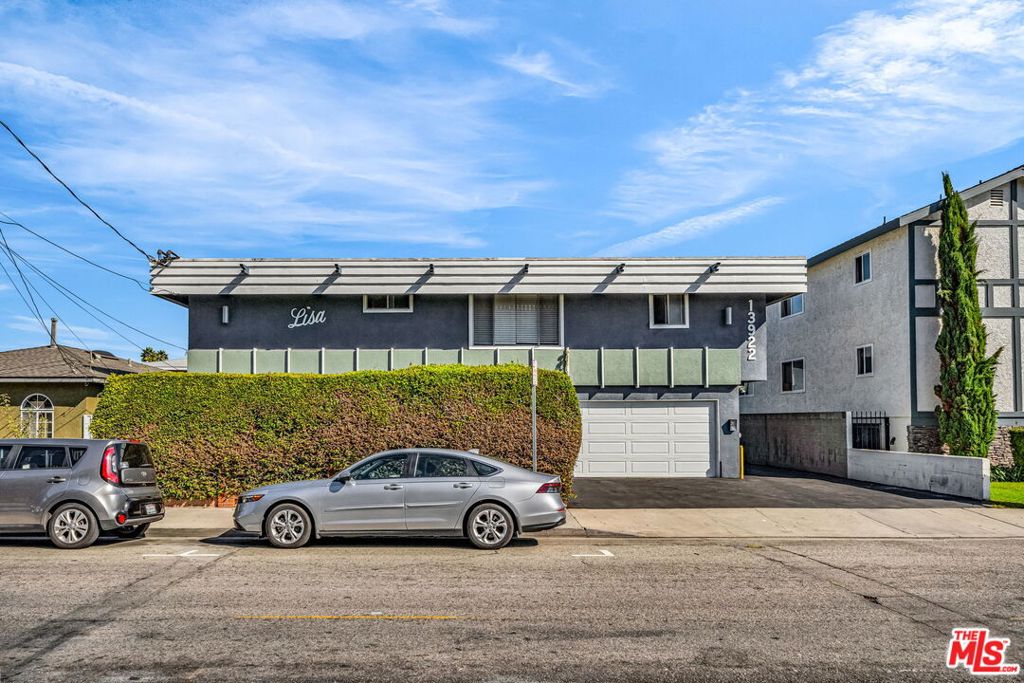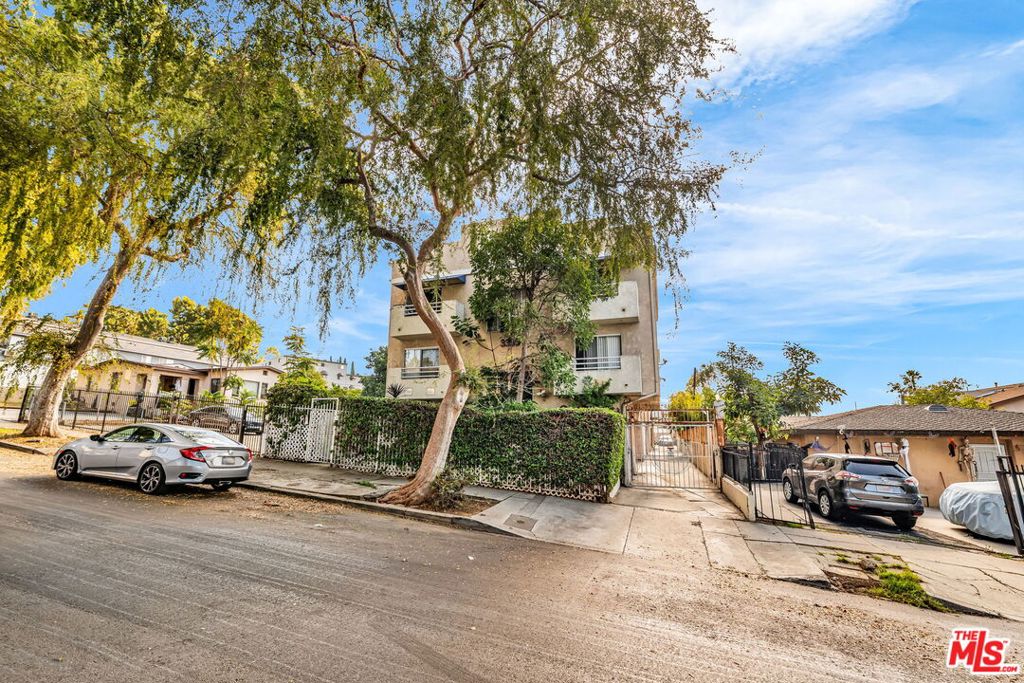So, yes, probate is more of a flannel pajamas sort of thing, but people lose sleep over probate—especially if they have not put their assets in a Revocable Living Trust. The idea of having one’s family have to try to sell real properties through the probate process can give anyone nightmares, whatever they’re wearing because the entire process can take up to a year.
While The CREM Group specializes in probate properties in Los Angeles and Orange County communities in California, we still urge people to avoid probate. That’s why we have written many posts in The Journal on how to avoid probate. In this post, we are answering questions clients ask us frequently.
- Is probate necessary?
- What’s Involved?
- What are the executor’s duties?
- How do you close probate?
- How much does it cost?
- What do we think?
IS PROBATE NECESSARY?
No. As noted, property held in a living trust does not go through probate. Also, if a deceased individual owned properties in joint tenancy with right of survivorship with their spouse or partner, those assets wouldn’t need to go through probate. It should be noted that if the full value of the probate estate is small enough, probate won’t be necessary.
The cap at this writing (with some exclusions) is $166,250. Heirs can claim the assets with a sworn statement (an affidavit) or go through a simplified summary probate process seen in California Probate Code 13100. Reminder: The cap might need to be revisited as the years pass.
WHAT’S INVOLVED?
Once you’ve determined probate is necessary, someone must come forward to start the ball rolling. If there’s a will, there’s a way. (Couldn’t resist.) The named executor should begin the process if the person designated to serve as executor isn’t available. If there were no will, then a family member would be the one to ask the court to be assigned as the estate’s “administrator.”
The executor’s responsibilities will probably last six months to a year, and their tasks will be as outlined in our probate process description. If there is a will, it must be validated. With some courts, the validations may be as simple as having the witnesses sign a sworn statement submitted to the court.
When those are complete, the court issues “Letters Testamentary” or “Letters of Administration,” which appoints an executor and grants that person authority over the estate’s assets.
WHAT ARE THE EXECUTOR’S DUTIES?
See Phase #2 in the Probate Process section. Beyond those listed, here are a few more:
- Gather the deceased person’s assets.
- Set up a filing system so that bills are not lost.
- Be sure to apply for a taxpayer ID number to assign to the estate.
- Open an estate bank account.
- Inventory all probate property, get it appraised, and file it with the court.
- Handle marketing and selling of the property with full or limited authority. (They differ.)
There’s a lot of paperwork (and phone calls). Still, a well-organized and conscientious person can handle it, especially if they get help from family members or from an attorney (like those of us at The CREM Group) who understand the process and can provide support.
During the probate process, the executor is responsible for keeping all the assets safe. One example is that a house must be maintained and insured, and other assets should be safeguarded from theft or damage. The executor will file tax returns for the estate and the deceased person.
The executor pays any outstanding bills. Creditors in California have four months to make their claims against the state. If the estate cannot cover all valid claims, however, state law determines the order in which claims are to be paid out of the estate’s assets. The website is here: California Probate Code 9050-9054.
HOW DO YOU CLOSE PROBATE?
See Phase #3 in our Probate Process section. When taxes and all bills have been paid, the executor asks the court to close the estate. That’s when the executor can distribute all the estate assets to the people who inherit them.
HOW MUCH DOES IT COST?
California is one of only a few states that allow attorneys to charge a “statutory fee.” The statutory fee is a percentage of the value of the probated assets. The applicable percentages are set forth in state statutes. (Cal. Probate Code § § 10810, 10811.)
Here are the current rates from the CA.gov website above. (Note: We advise checking the rates at the time of your probate transaction, as laws can change.)
“(a) Subject to the provisions of this part, for ordinary services the attorney for the personal representative shall receive compensation based on the value of the estate accounted for by the personal representative, as follows:
- Four percent on the first one hundred thousand dollars ($100,000).
- Three percent on the next one hundred thousand dollars ($100,000).
- Two percent on the next eight hundred thousand dollars ($800,000).
- One percent on the next nine million dollars ($9,000,000).
- One-half of 1 percent on the next fifteen million dollars ($15,000,000).
- For all amounts above twenty-five million dollars ($25,000,000), a reasonable amount to be determined by the court.
(b) For the purposes of this section, the value of the estate accounted for by the personal representative is the total amount of the appraisal of property in the inventory, plus gains over the appraisal value on sales, plus receipts, less losses from the appraisal value on sales, without reference to encumbrances or other obligations* on estate property.”
Is the Statutory Fee Cut in Stone?
A probate attorney’s fee can be very high relative to the actual amount of work completed on your behalf. There might be filing of affidavits and papers (pretty easy work), no trial, and thus, no or very few court appearances. In that case, a probate estate with a $600,000 house, plus some brokerage and bank accounts and an SUV might total $800,000. An attorney’s statutory fee for very little work could be viewed as unreasonable.
Even if there’s a mortgage on the property of a few thousand dollars, the attorney’s fee would still be the same because it is based on the probate assets’ gross dollar figure, regardless of “encumbrances or other obligations.”
Here’s the Thing: The Statutory Fee Is Negotiable
Look for an attorney who is willing to bill by the hour or charge a flat fee. Then, if there’s something “extraordinary,” the lawyer can ask for a higher fee.
WHAT DO WE THINK?
Unless the family is fighting over the estate (which they do, as noted in some of our other posts), probate is essentially a lot of paperwork. In the state of California, the paperwork is the fill-in-the-blank variety and is published by the Judicial Council for California. All those forms are available at no charge in this section of the California Judicial Council website.
However, we do not recommend a total DIY approach! It’s best to have help from trustworthy probate lawyers that you may be able to find through great probate real estate professionals, like The CREM Group. Whether you choose a negligée or flannel pajamas—you’ll sleep better at night.
* * *
As long-time probate real estate agents and as attorneys working in and around all kinds of properties in Los Angeles and Orange Counties, The CREM Group has made sure we support our clients, so they know the alternatives to buying, selling, or renting probate, trust, and conservatorship homes and commercial properties in California.
– – – – –
As always, contact us by email here if you have any questions about real estate, probate real estate, conservatorship, or trust real estate properties, especially in Los Angeles and Orange Counties in California.
Or directly: Mark Cianciulli, Esq. [email protected]
DISCLAIMER: This content is meant purely for educational purposes. It contains only general information about real estate matters. It is NOT legal advice and should not be treated as such. We recommend consulting a legal or tax professional before acting on any material, opinion, or perspective described herein.



